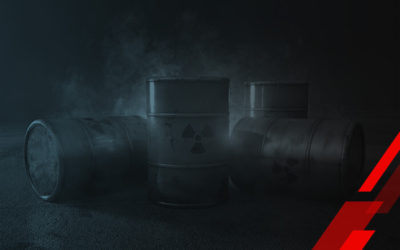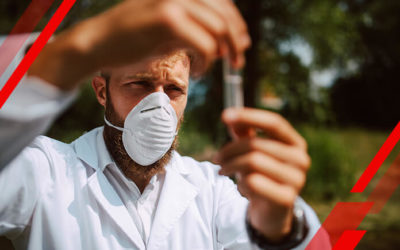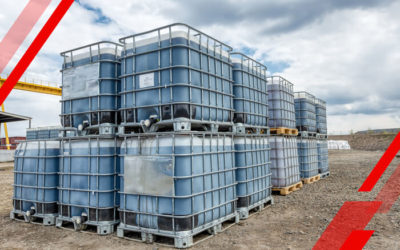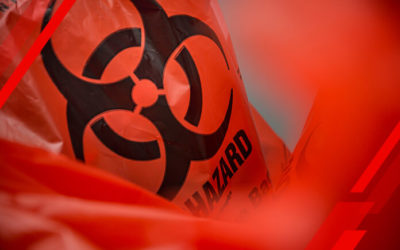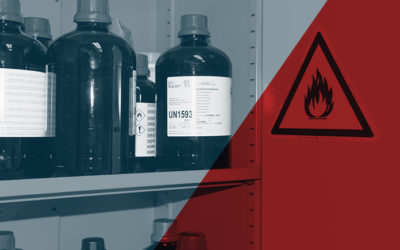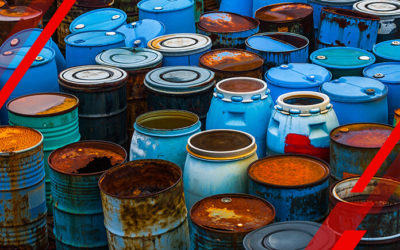It’s easy to be considered a toxic-waste generator in the eyes of RCRA. E.g., the moment you open a can of solvent and use it, you’ve joined the club. You might only produce a single quart of toxic waste weekly, but the improper disposal of even such a miniscule amount can put you in violation of RCRA.
Service Request
Have waste that requires compliant handling or disposal? Fill out our service form and an MCF Environmental Representative will get back to you quickly with next steps!
Please note we do not provide disposal services for household waste






